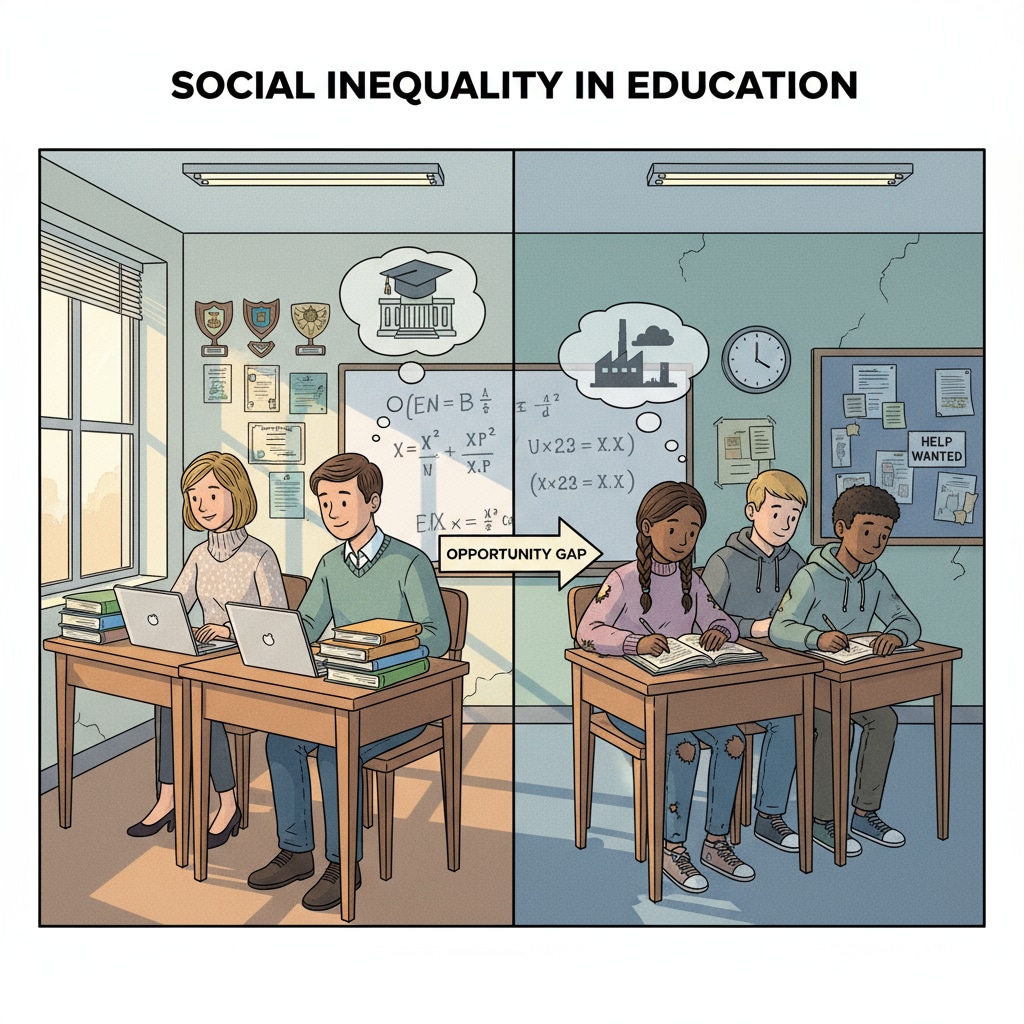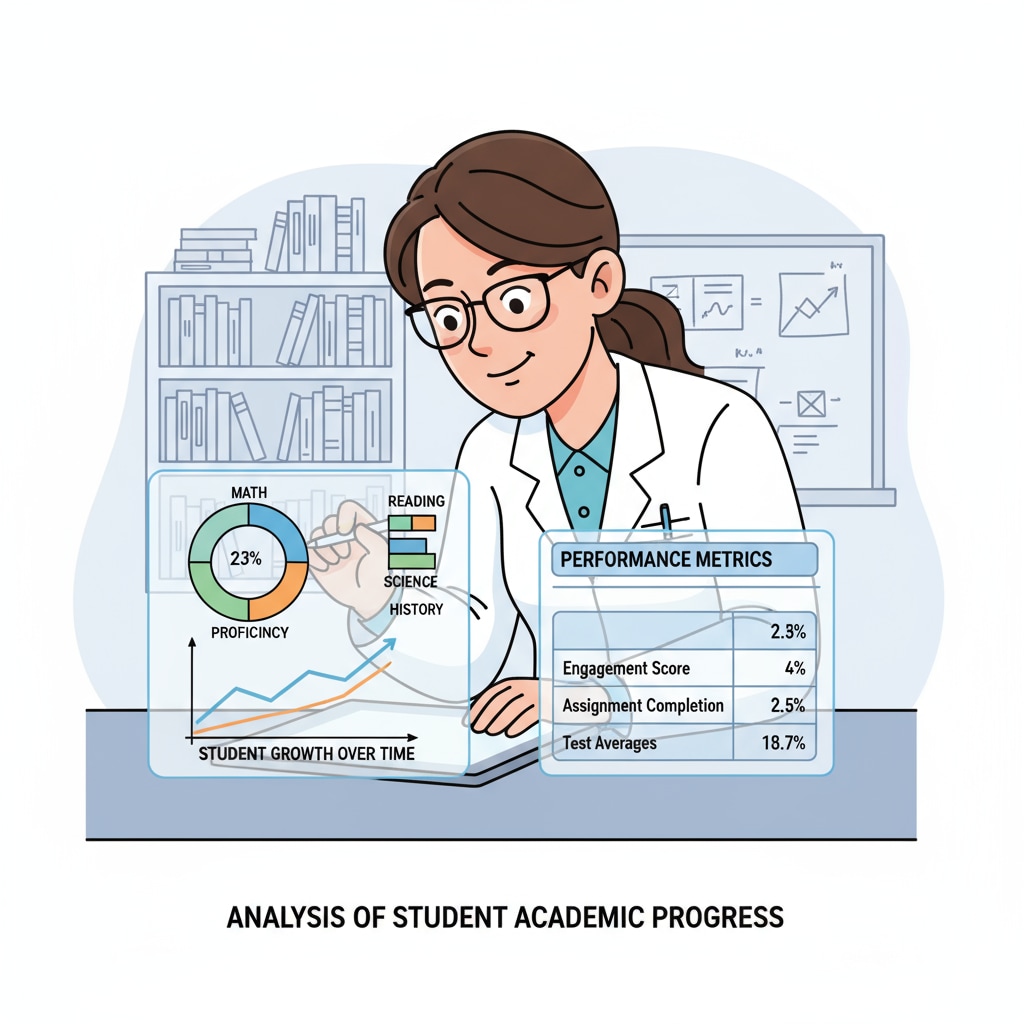Research, evaluation, social inequality, and education are intertwined concepts that play a pivotal role in the K12 education system. In this article, we will explore their professional definitions, relationships, and how they can be harnessed to address the challenge of social inequality in education.

The Professional Definitions of Research and Evaluation in Education
Research in education refers to the systematic investigation of educational phenomena. It aims to generate knowledge, test theories, and provide evidence-based insights. For example, a researcher might study the impact of a new teaching method on student achievement. Evaluation, on the other hand, is the process of making judgments about the value, effectiveness, or worth of an educational program, policy, or practice. As defined by Educational Evaluation on Britannica, it helps determine whether goals are being met and if improvements are needed.

The Link between Research and Evaluation
Research and evaluation are closely linked. Research provides the foundation for evaluation by generating knowledge about what works in education. Evaluation, in turn, can inform research by identifying areas that need further investigation. For instance, if an evaluation of a school’s anti-bullying program reveals its ineffectiveness, it can prompt research into more effective strategies. This symbiotic relationship is crucial for improving educational practices and policies.
Research and Evaluation in Addressing Social Inequality in Education
Social inequality in education is a significant issue, with students from disadvantaged backgrounds often facing barriers to academic success. Research can help identify the root causes of these inequalities, such as lack of resources or unequal access to quality teaching. Evaluation can then be used to assess the effectiveness of interventions designed to reduce these inequalities. For example, evaluating a scholarship program for low-income students can determine if it is achieving its goal of increasing access to education. As stated on Education and Social Inequality on Wikipedia, by using research and evaluation together, we can work towards a more equitable education system.
In conclusion, research and evaluation are powerful tools in the fight against social inequality in education. Understanding their professional definitions and relationships is essential for educators and policymakers. By leveraging these tools, we can take significant steps towards creating a more just and equal educational environment for all students. Readability guidance: The key points have been presented in short paragraphs and with clear explanations. The relationship between research and evaluation, as well as their role in addressing social inequality in education, has been emphasized, and external references have been provided for further understanding.


